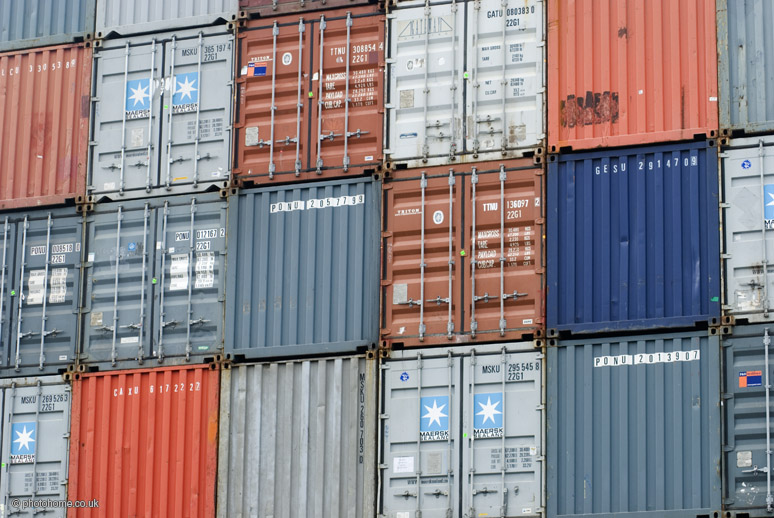This article was written by Red Hat's Siddharth Nagar, RHEL 7 product manager.
 "As product manager for Red Hat Enterprise Linux 7, part of my job is to ensure that the latest version of our flagship product adheres to our promise of stability, reliability, and security. In addition, as Red Hat Enterprise Linux 7 is Red Hat’s latest enterprise Linux platform, it also needs to incorporate new innovations in technology to help our customers gain business advantage, reduce costs, and increase efficiency without compromising their existing investments. With this in mind, the Red Hat Enterprise Linux team takes great care in evaluating new technology to ensure that it is introduced in a manner that is minimally intrusive (if at all) and is a natural fit for the platform. Support for Linux containers and the ability to host container-based applications are great examples of this and Red Hat Enterprise Linux 7 stands ready for the challenge.
"As product manager for Red Hat Enterprise Linux 7, part of my job is to ensure that the latest version of our flagship product adheres to our promise of stability, reliability, and security. In addition, as Red Hat Enterprise Linux 7 is Red Hat’s latest enterprise Linux platform, it also needs to incorporate new innovations in technology to help our customers gain business advantage, reduce costs, and increase efficiency without compromising their existing investments. With this in mind, the Red Hat Enterprise Linux team takes great care in evaluating new technology to ensure that it is introduced in a manner that is minimally intrusive (if at all) and is a natural fit for the platform. Support for Linux containers and the ability to host container-based applications are great examples of this and Red Hat Enterprise Linux 7 stands ready for the challenge.
"Creating and operating application containers via process isolation is not a new concept. Red Hat Enterprise Linux 6 sowed the seeds for this way back in 2010 with the introduction of Control Groups (cgroups). Since that time there have been many exciting developments in this area with active participation from Red Hat. Building upon cgroups functionality, enhancements to the kernel combined with an easy-to-use container format (Docker) make now an opportune time to consider deploying container-based applications on Red Hat Enterprise Linux 7.
"Here are the top three reasons to consider Red Hat Enterprise Linux 7 as the host for your container-based applications:
Read the whole article: Top 3 Reasons to Run Container-Based Applications on Red Hat Enterprise Linux 7 | Red Hat Enterprise Linux Blog.
Last updated: January 13, 2023